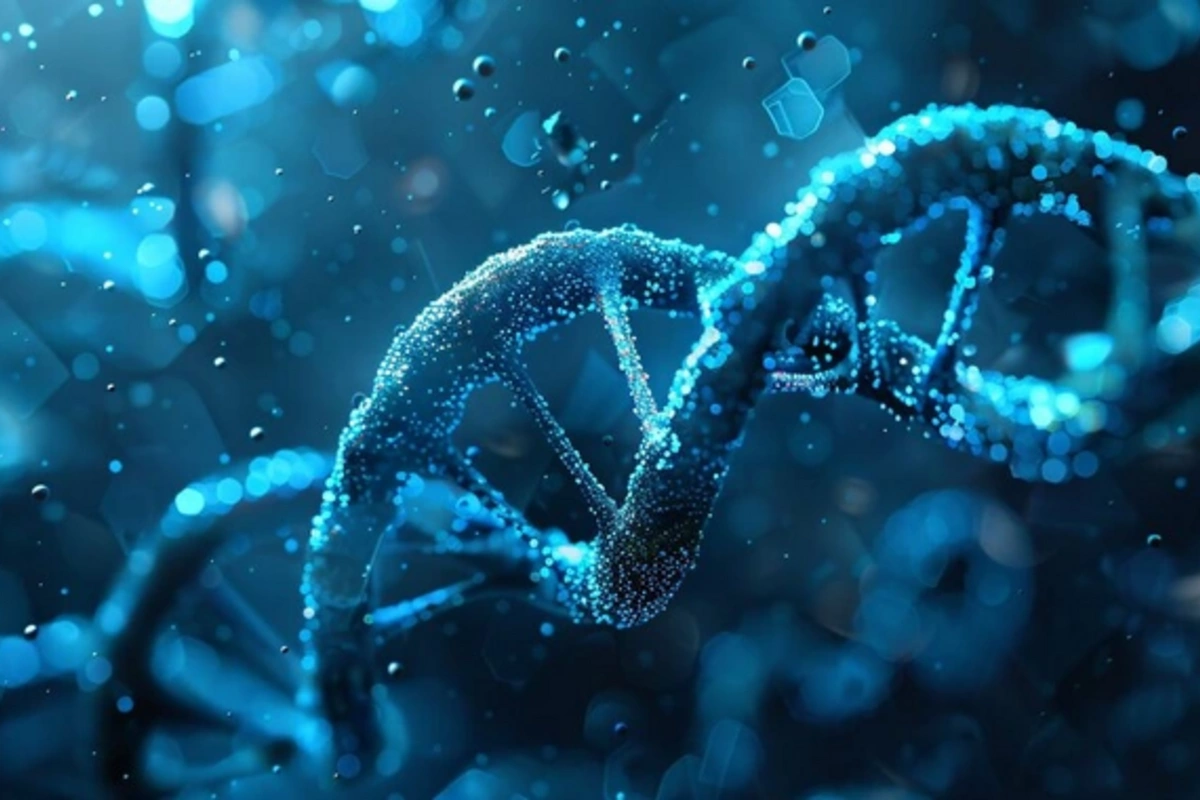19 Jun , 17:41
2

Sensational breakthrough: Australian scientists have uncovered the secret of DNA repair, opening new horizons in the fight against neurodegenerative diseases. A research team from Macquarie University discovered a previously unknown function of the PDI (protein disulfide isomerase) protein in repairing damaged DNA. The revolutionary research results have been published in the prestigious scientific journal Aging Cell.
The scientific community has believed for decades that PDI works exclusively in the cell cytoplasm, helping other proteins form the correct structure. However, Australian researchers made an astonishing discovery: this protein can penetrate the cell nucleus, where genetic material is stored, and actively participate in damaged DNA repair processes.
"With age, DNA micro-damages accumulate in neurons, and the mechanisms for their elimination weaken. This makes the brain particularly vulnerable," explains neurobiologist Sina Shadfar, one of the key authors of the study.
During an extensive series of experiments, scientists clearly demonstrated the crucial role of PDI in DNA repair. When this protein was removed from human and mouse cells, they completely lost the ability to repair genetic material. Notably, when the protein was reintroduced, the repair function was fully restored. Experiments with zebrafish confirmed the results: PDI activation effectively protected DNA from destructive processes.
Currently, the scientific team is intensively working on creating an innovative gene therapy that will use mRNA to specifically stimulate PDI activity in certain areas of the brain. Researchers are convinced that this breakthrough technology could become the foundation for developing revolutionary methods for preventing aging and treating severe diseases such as Alzheimer's and Parkinson's.